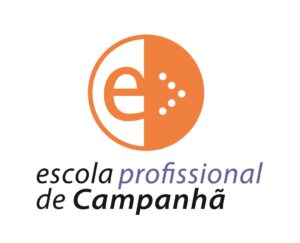
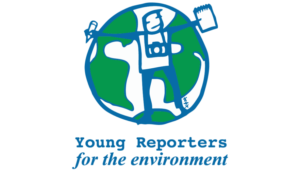
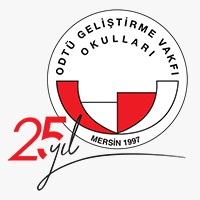
What is zero waste? “Zero Waste”; It is a target defined as a waste management philosophy that includes preventing waste, using resources more efficiently, preventing or minimizing waste generation by reviewing the causes of waste generation, and collecting and recycling waste separately at the source in case of occurrence. As METU Development Foundation students, we adopted the Zero Waste project and aimed to apply it to our daily lives.
First, we prepared presentations with our friends in order to spread awareness and conscious consumption, and we enriched these presentations with a variety of activities so that they reach every individual in our school. We especially paid attention to the participation of our little friends who are developing and to take part in this event. In addition, informative posters about recycling were hung on the boards in our corridors so that we could better understand the place and importance of zero waste in our daily lives, and we put recycling bins for glass, plastic, paper, metal, and organic wastes, enabling our friends to apply what they learned in their daily life. To raise awareness at school below is created by the students to be shared at our social media platform.
One of the biggest works we have done about zero waste in our school is the “Zero Waste Month” competition, which we organize with the participation of students and teachers. Teachers and students made significant changes in their lives for a month and tried to keep the waste they produced to a minimum. During the “Zero Waste Month”, unnecessary waste was not used in classrooms, toilets, teacher’s rooms and dining halls, and the used waste was recycled. At the end of the competition, the winning student was selected as the exemplary student of the month and a sapling was planted in the name of the student. Here is the link that was recorded by the students during the challenge: https://youtu.be/tIFyVlRBkzk
In addition, related to the results of awareness questionnaire we have also shared a presentation with our students about zero waste in an online platfrom.
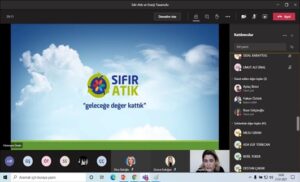
Our students have also prepared a wall panel for the project. We had that on our school corridors for the whole month.
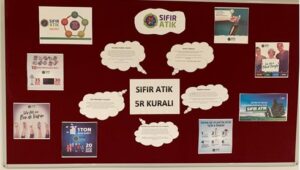
Initially, photos and videos on this subject were requested by both schools, in addition to a video call earlier this year to shape ideas. Each of the schools was tasked with, within a week, documenting the changes they made to reduce the amount of waste.
For the students of the vocational school in Campanhã, adopting these measures was an interesting experience, as they acquired new habits, such as the use of reused bottles, the use of cloth bags instead of plastic and the reduction of products of plastic in lunchboxes brought on school trips.
At home, many of the students also tried to practice these measures together with their family. Some of these were: trying to avoid food waste, avoiding buying food that is wrapped in plastic, reducing water consumption, using a bottle in the bathtub, among other things.
To publicize these measures to the Turkish people, the students of the vocational school in Campanhã made videos, photos and reports. Turkish students collaborated in this project, also sharing everything they had accomplished.
Finally, students from both schools will put their work together in a collection of various articles, photographs and videos that have been produced throughout the project.
Student appreciation and activity recommendations.
Daniel Monteiro: I used a plastic container to keep my food so I wouldn’t waste paper or aluminum. Now I use that same container, it’s easier to wash and cheaper than buying more aluminum or paper towels to protect the food. The only problem I found was that it occupies more space but it is better at protecting the food.
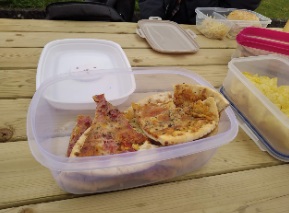
Nuno Ferreira: To reduce my water consumption, I put a bottle in the bathtub while the water heats. Cold water is used for example domestic tasks.Regarding the use of reusable plastic containers and the reusable bottles, I often use them with the intention of replacing it with plastic.
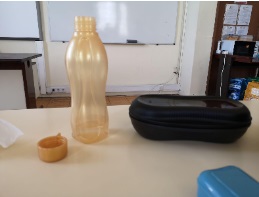
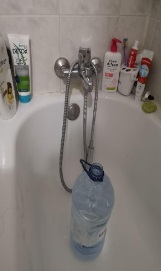
João Miranda: What I have been trying most in my home is to substitute the things we normally use and consume for more eco-friendly. One of the things is using a recyclable bottle of water, would it be at home on my desk or oon school. This way i don´t need to use a plastic bottle and then throw it out, when with these bottles i just use it, wash it and use it again and again. Another thing I have been using is a solid shampoo, instead of the tradicional plastic bottle. One thing most people should do is if they have garbage separating plastic from cardboard, and I have in my house and we use gallons of water. So when the water in the gallon runs out we cut the tip of it and use the gallon itself as a “bag” to put the plastic garbage, that way we don´t need bags of any kind.
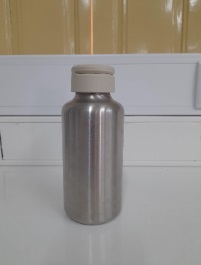
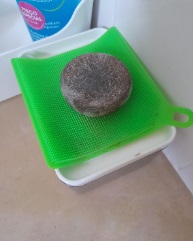
Inês Amaral: One of the things to reduce waste in my house was to start by not making so much food. For example, there were days when we prepared more food than usual and, in the end, we never ended up eating it all, leaving a lot of food on the table. Instead of discarding this food, my family and I like to store it as leftovers in leftover food and the next day with the rest of food to avoid food waste. The goal is to make enough food so you don’t run out being thrown in the trash. One of the examples of this experience was when leveling food for a field trip. In addition to having to bring the food without taking the plastic,I tried my best not to waste the food I had taken. There was some left over, but right away I saved it to eat for dinner. What I’ve also been doing these weeks is bringing the minimum of things that have plastic and instead I decided to bring other utensils like clothes, reusable containers and reusable water bottles.
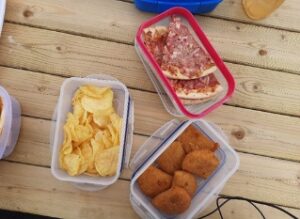
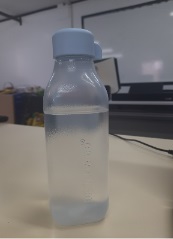


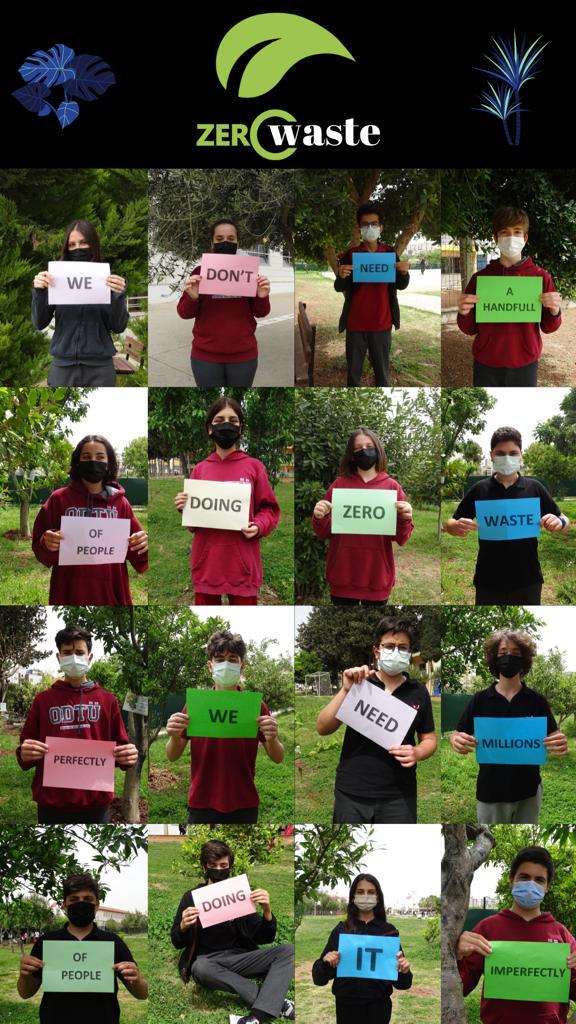

You must be logged in to post a comment.